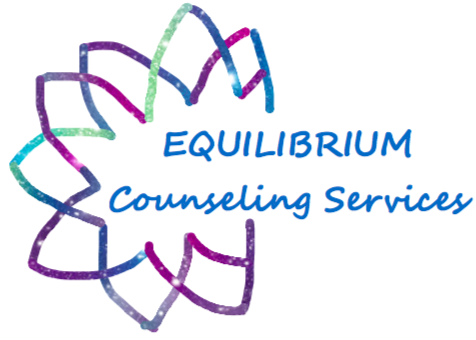Eating Disorder Awareness Week 2023
Feb 21 marks National Eating Disorder Awareness Week. As an eating disorder therapist, I want to acknowledge that eating disorders do not discriminate by age, gender, sexual orientation, race, size or socioeconomic background. Anyone can develop an eating disorder and often, in a culture that is constantly following a new dieting fad or exercise trend, it can easily go unnoticed in pursuit of “health.”
Some signs of an eating disorder are obvious but others are covert, such as rigid food rules (what is OK or not OK to eat or when to eat), fear or elimination of food groups, guilt for eating without compensating with exercise or fasting, discomfort eating in front of others and feeling like you have to earn permission to eat.
Eating disorders are about so much more than body and food. It plays out in an obsession about food and body image but underneath it is a deep need for control in a world that is often overwhelming and chaotic. The eating disorder says “when you can’t control anything else, you have power over what does or doesn’t go in your mouth.”
The promise of an eating disorder is relief once an ideal is met or a food is devoured. It may work for a little while, giving a sense of power or calm for a moment. Sadly, it is an ever-moving target and even if someone hits their goal, it only leads to more anxiety, more fear, more dissatisfaction, and ironically less control. Enough is never enough. Guilt and shame start to flood in when you give your body the basic fuel it needs.
It is hard for us to develop a healthy, balanced view of food and our bodies in a society that glorifies extremes and unrealistic ideals. We get messages from diet culture, the fashion industry and even the medical health model, that we “should” look a certain way and if we did, we’d be happy, successful, worthy. We learn to villainize our bodies as the source of our discontent and try to manipulate them into “shape.” We label foods as good or bad, as if it was a matter of morality, when really the only thing that’s bad food you is something that is truly poisonous. It is normal and healthy to take pleasure in food.
People struggling with eating disorders, whether limiting food or bingeing, need the same ingredients to heal: self-compassion, radical acceptance and permission to eat, to enjoy, to be ourselves. I have seen lives change and hope restored once people are given the space to reconnect with their feelings and their bodies.
To all who are struggling with an eating disorder or even a conflicted relationship with food and body, I wish you self-kindness, peace and healing. You are not alone, please don’t struggle by yourself. Join a support group. Find a Health At Every Size (HAES) informed specialist to support you in your journey to food freedom.
Get more information about eating disorders from NEDA: www.nationaleatingdisorders.org. If you are looking for a way to connect with others who are recovering from an eating disorder, ANAD is a free support group: anad.org.
